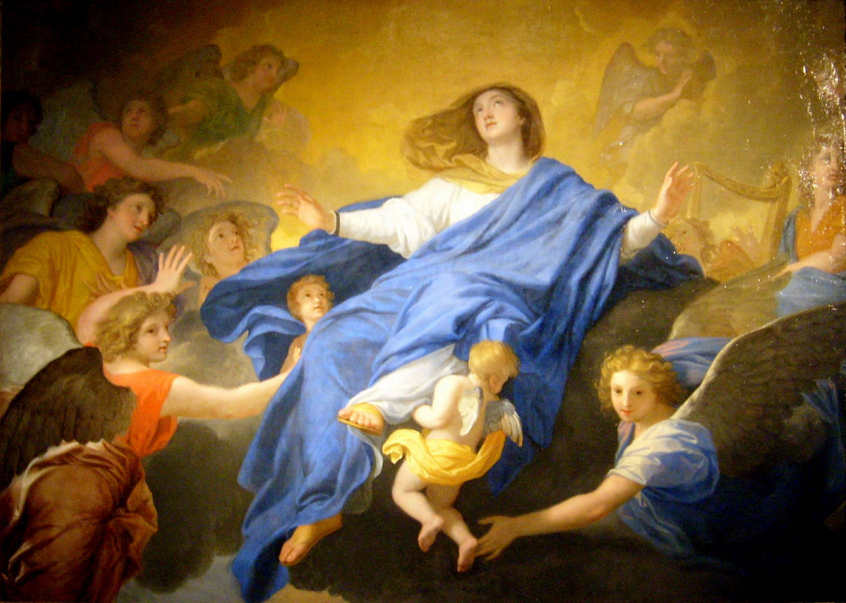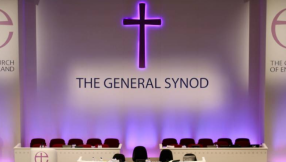Today is the feast day of the Assumption of Mary, a revered occasion celebrated by Catholic and Orthodox wings of the church, but essentially ignored by most evangelical Protestants. What is it?
The Assumption refers to the body and soul ascension of Mary, the mother of Christ, into heaven at the end of her life. In the Eastern Orthodox tradition, it is known as the Dormition of the Theotokos (the falling asleep of the mother of God) – marking her death ('falling asleep') and resurrection before being taken up to heaven.

Pre-eminent among all the Marian feast days, the doctrine of the Assumption was enshrined into Catholic dogma (and made a required belief) in 1950 when Pope Pius XII used Papal Infallibility to declare it dogma 'that the Immaculate Mother of God, the ever Virgin Mary, having completed the course of her earthly life, was assumed body and soul into heavenly glory.'
While the Orthodox tradition is clear that Mary died, the Catholic version is deliberately ambiguous, leaving open the possibility that she never died in bodily form but was simply 'assumed' from the earth. As for when this happened, dates are unclear, with suggestions of Mary passing between three to fifteen years after Christ's ascension. Some locate the Assumption at Ephesus, others at Jerusalem, with the story rooted in apocryphal tales emerging as early as the fourth century.
Why Mary? Her significance is lost on many Protestants, who would see Mary as a good woman and servant of God, but no greater than any other biblical figure – and certainly not someone to pray to.
In contrast, millions of other Christians across the world follow a historical strand of Mariology (the theological study of Mary) that ascribes deep reverence toward Mary as the greatest of all saints.
Traditions such as that of the immaculate conception (often confused with the Christ's Virgin Birth – this is the idea that Mary was conceived sinless) and Mary's perpetual virginity add to the tapestry of Mariology, while the Assumption arguably marks its high point, celebrating the end of her earthly life with deserving splendour. She was after all, the humble mother of a majestic, personal and salvific reality: God incarnate.
The Protestant – and particularly evangelical – critique of the doctrine is that it simply doesn't appear in Scripture, or the earliest Church councils, not to mention that its historical grounding is a little dubious. They wouldn't go past what's said in the Gospel of Luke's first chapter: Mary is 'highly favoured' by God and is 'blessed among women', a courageous servant of God.
But the notion of Assumption isn't anywhere regarded as heretical. In any case, Mary's resurrection only precedes the general resurrection to glory that all Christians will face. In the Anglican tradition, the doctrine is regarded as adiaphora ('a thing indifferent'), but the day is regarded as a festival in the Church of England.
Contested by some, beloved by others, the Assumption remains a major date in the Church calendar. Again, Mary's fate is special, but also prefigures the hope that awaits all humanity – perhaps it's for that reason that this Middle Ages tale has for so long endured.













